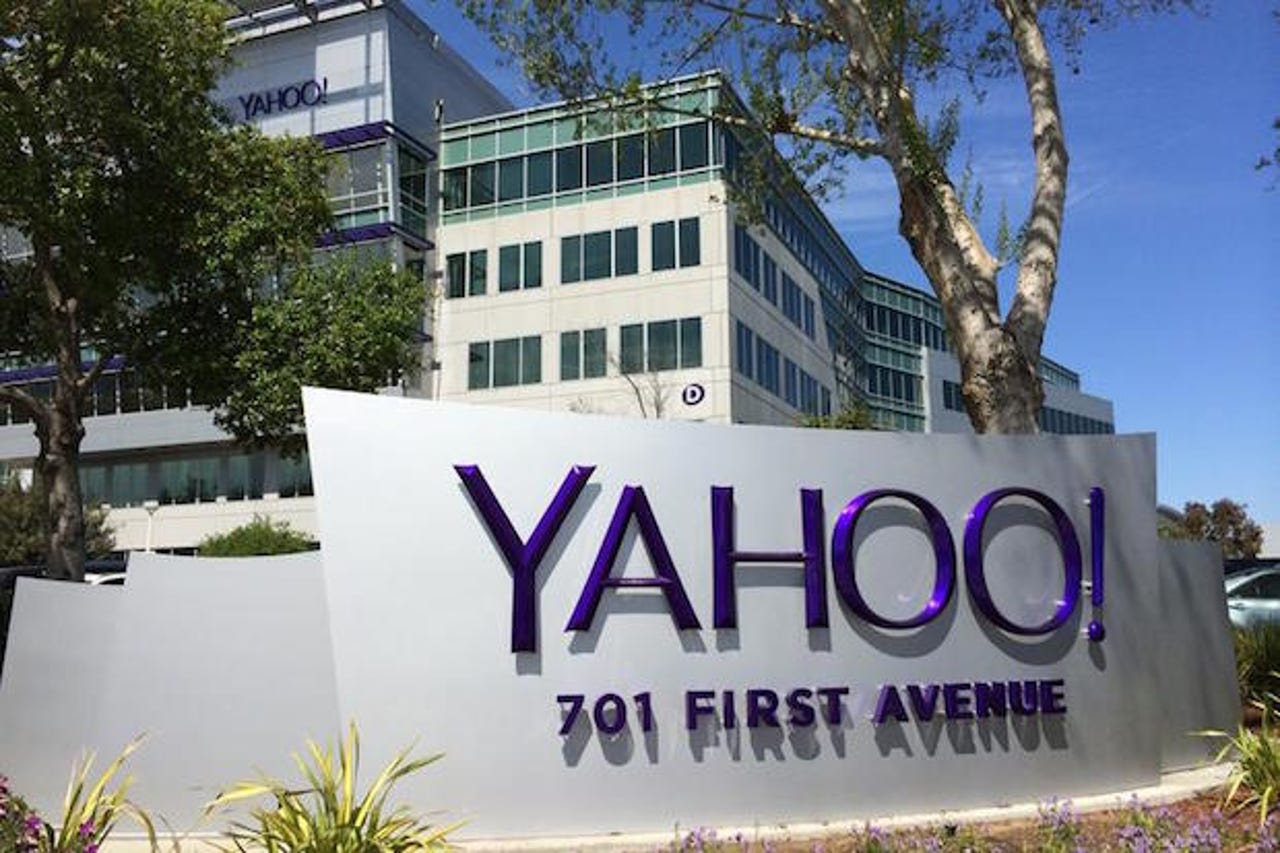U.S. government to Yahoo: Comply with PRISM, or we'll make sure you go bankrupt

After a lengthy battle, documents on Friday showed the Bush administration threatened to fine Yahoo $250,000 per day for failing to comply with the U.S. government's PRISM program.
That fine alone would have been troubling for the company. But according to a new first-hand testimony by Yahoo's lawyers, that was just the beginning.
NSA Special Report
Attorneys Marc Zwillinger and Jacob Sommer, who represented Yahoo during the case, said in a blog post on Monday that the fines could have been significantly worse. The Bush administration is said to have pushed for contempt, forcing Yahoo to comply, and threatening prosecution if it didn't comply with government data demands.
If Yahoo didn't comply, those fines could have doubled each week until Yahoo complied.
"Simple math indicates that Yahoo was facing fines of over $25 million dollars for the first month of noncompliance, and fines of over $400 million in the second month if the court went along with the government’s proposal," the lawyers wrote.
Yahoo's average revenue for 2008 amounted to $7.2 billion. That year, the government's surveillance court, the FISA Court, was pushing for Yahoo to join PRISM.
Had Yahoo held out for just a few weeks, fines could have easily surpassed the company's net worth, let alone its annual revenue or profit. By the fifth month, Yahoo was facing fines that amounted to the entire U.S. debt, accounting for about $9.5 trillion. And it wouldn't stop.
Yahoo would have lost everything — any profits gained, assets, cash reserves, and equivalents.
The details of the PRISM program were first uncovered by whistleblower Edward Snowden in June 2013. The semi-automated data request system enlisted nine technology giants, including Apple, Facebook, Google, and Microsoft.
Yahoo was also named as a company in which the National Security Agency allegedly had "direct access" to its servers. But these claims were rebuffed by the companies, and refuted by additional reporting.
It's now increasingly clear that the Silicon Valley companies that screamed to high-heaven claiming they were not complicit in government surveillance or in bed with the NSA, but that they were bullied — relentlessly — by an administration hellbent on "collecting it all" were telling the truth.
